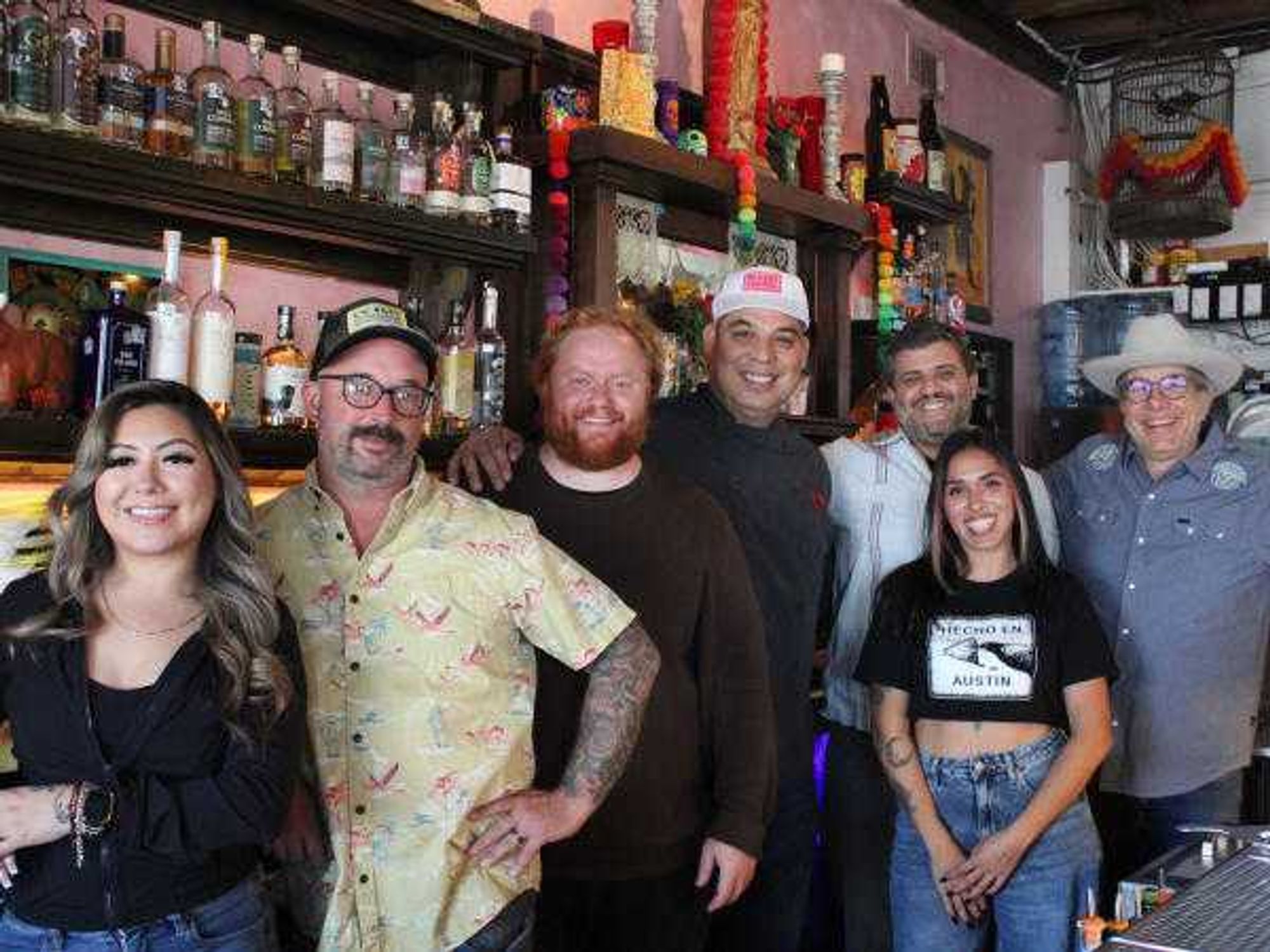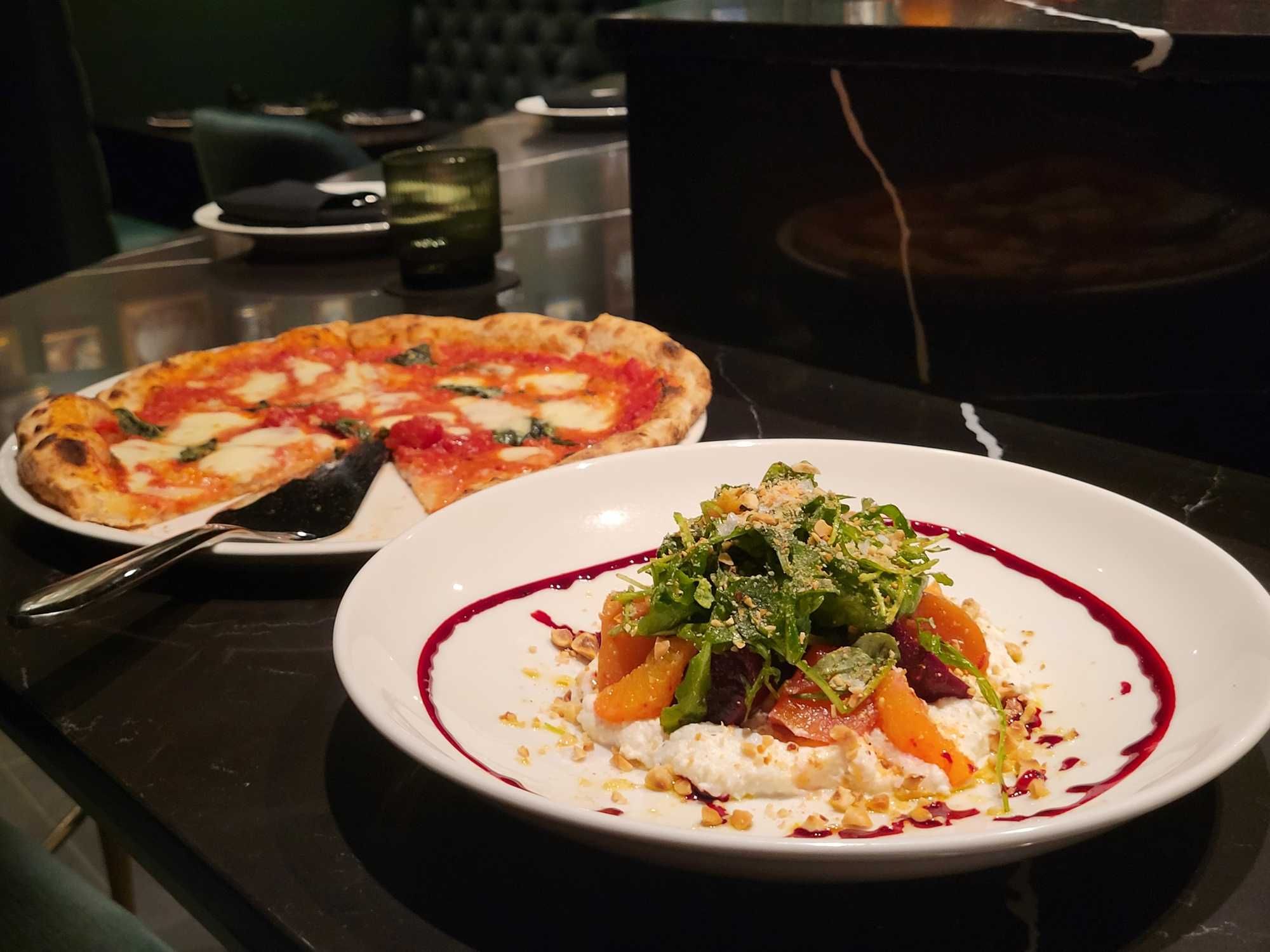Travel Journal
Unplugged: Exploring the history of Ebeye while searching for a signal in thethird world
Dec 31, 2011 | 1:10 pm
It's official: I'm an asshole.
For two weeks, I've been visiting paradise — the U.S.-occupied portions of the Marshall Islands — and mostly trying not to lose my mind without constant internet and cellular service. I've known that in the litany of things considered "problems" that this was a laughably small inconvienence, an only partially serious humblebrag about my chance to visit a beautiful place on my sister's dime.
On the day after Christmas I took a ferry from Kwajalein, home to largely military and American civil contractors, to the island of Ebeye and for the first time in my life truly visited another country. And the island of Ebeye made twitter a distant memory, and any complaints in my life grains of sand in an endless, uncaring wind.
----
Ebeye is colloquially referred to as "the Slum of the Pacific," and it consists of project housing with the descendants of Marshallese relocated from Kwajalein or other areas like the Bikini Atoll (which we famous nuked the stuffing out of from 1946 to 1958). It's home to some 15,000 residents in semi-permanent structures that resemble Johannesburg townships in construction. There are roads, with gutters dotted with soda cans and other refuse, the storm drains clotted with dirt from the heavy rainy season.
The main diet on Ebeye are Ramen noodles and junk food, because that's mostly what they sell at the few stores in the "downtown" area. Diabetes is prevalent among the adult population, and the children are a half-size too small from malnutrition. The school system is underfunded and generally an afterthought — students often leave for lunch and don't bother to return for the afternoon.
The lack of follow-through stems from the fact that there's quite simply nothing to do on Ebeye. A few students are accepted to the system attached to the base on Kwajalein each year, who stand a decent chance of getting into a distant college (if not affording one). But for everyone else, there's only the island itself, church on Sundays and hope for a job running machinery on Kwaj or ferreting commuters back and forth in small boats. The prices for most foods in the Ebeye stores were reasonable to me, but I then learned that the minimum wage in the Marshall Islands is a flat $2.
This all sounds bleak, but there's an element of perspective — the children, many playing on a few run-down basketball courts or biking aimlessly in the streets with school off for the holiday, seemed merry enough, and happy to exchange a smiling "yokwe!" (hello) with me. They're born into a smaller world than the one I've always taken for granted, and I can't speak for anyone else's sense of fulfillment, obviously. But the fact remains that suicide rates on Ebeye, especially among young adults, are frighteningly high.
It's tempting to blame the whole situation on American imperialism, but it's a larger problem of the first and third worlds colliding. The Marshall Islands have been subverted from any sort of natural progression since Spain decided they owned them before the nineteenth century (some British general named John Charles Marshall passed through in 1788 and, inexplicably, his name stuck). They were sold to Germany in 1885, taken by Japan in 1914 during WWI, and captured by the U.S. in the first successful attack of the Pacific Theater of WWII, in February 1944.
Lost to history somewhere is a way of life that persisted here in the 1,800 years before others arrived: a diet of fish and coconut meat, thatched huts to keep out the rain and wind and a life among the sunshine and waves of tranquility. But Ebeye has no memory of that, and the people there don't have the opportunities and cultural armory to join the modern lifestyle that the island is trying to imitate.
So yes, I still missed the internet on Ebeye, which makes me a douchebag. But I can only hope that anxiety is tied to how lucky I feel to have everything open to me, to be born in a country and of a class that afforded me the opportunity to go to college, to move across the country, to afford a passport and visit another place for once. I like twitter and facebook because of the potential they hold, to make connections with faraway people and places, to be reminded of friendships past and present, to engage with communities of artistic ambition and journalistic merit that I aspire to.
I have the world at my fingertips, and there is so much in my reach that there's no way it's remotely fair.
---
I went to a Christmas celebration at a Church on Ebeye (they've ended up with mainstream Christianity of a few varieties), and a woman in a floral dress put a hand-made necklace of shells around my neck and handed me a fan of woven palm to keep cool while we waited for the ceremony to begin — gifts for strangers to keep in the spirit of the holiday. The festivities took a while to get started, but none of the Marshallese adults and children looked bored whatsoever. I imagined that it would take them much longer than I was to get bored, that time flows differently in places without digital clocks in display corners, without more cars than people and nowhere to get to in a hurry.
So I sat, as far away as I'll ever get from my online identity and all of the other modern reminders of who I've set out to be, and listened as they began a hymn in a language that I didn't know, part of a faith that I'll never fully understand.

 Beet and citru salad at Moderna. Photo by Brianna Caleri
Beet and citru salad at Moderna. Photo by Brianna Caleri